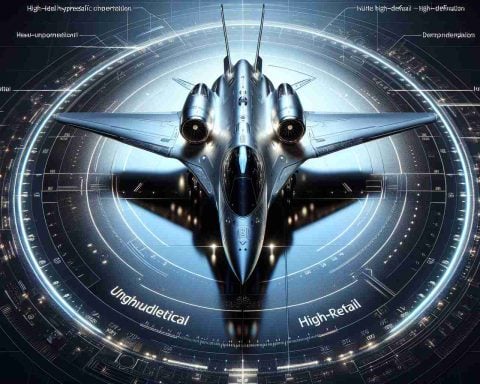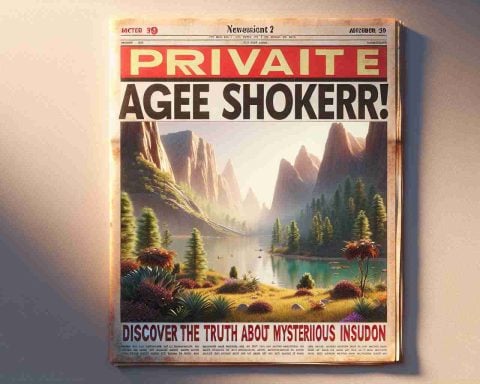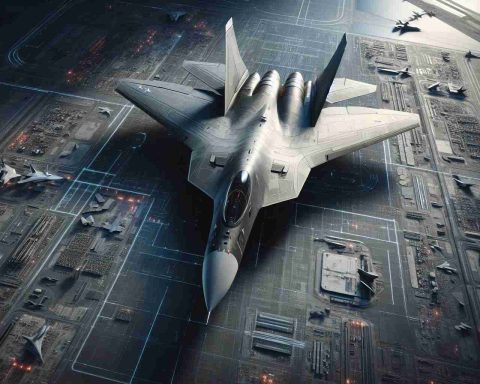In an alarming twist, Russia’s nuclear threats have taken center stage amid increasing tensions with Ukraine. Amid the escalating conflict, Russian President Vladimir Putin has signed expanded criteria for nuclear weapon use, showing readiness to consider nuclear responses to conventional attacks or attacks involving non-nuclear nations supported by nuclear powers.
Despite the alarming rhetoric, the substance of Russia’s nuclear policy remains relatively unchanged. Putin’s declarations, while menacing, have yet to signal a fundamental shift in Russia’s stance on nuclear engagement. However, ignoring these threats could be an oversight as the exact circumstances under which Putin might deploy nuclear weapons remain ambiguous and require careful analysis beyond just official statements.
Speculation revolves around three scenarios that could potentially escalate Russia’s nuclear posture. The first involves Putin committing to automatic nuclear responses to specific Western actions, thus closing off non-nuclear options. Secondly, he might delegate the authority to initiate nuclear strikes to battlefield commanders, a dangerous move that could precipitate a wider conflict. Finally, re-commencing nuclear testing would challenge global nuclear norms and indicate Putin’s willingness to escalate the war, risking alienation from key international players like India and China.
So far, Putin has refrained from committing to steps that would make nuclear confrontation a real possibility. However, these potential moves highlight the precariousness of the situation, reminding the world of the very real risk of nuclear escalation amid the ongoing conflict.
Understanding the Latest Developments in Russia’s Nuclear Policy
The recent developments surrounding Russia’s nuclear posture have sparked renewed global attention. With tensions between Russia and Ukraine reaching higher levels, Russian President Vladimir Putin’s expansion of criteria for nuclear weapon use introduces complexities that are crucial for international security analysis. While Putin’s rhetoric has been alarming, the foundational elements of Russia’s nuclear policy remain unchanged. Yet, the potential scenarios being speculated upon could significantly impact global nuclear dynamics.
Features of Russia’s Current Nuclear Policy
Despite the ominous nature of recent statements, Russia’s core nuclear policy features remain constant. The existing strategy continues to emphasize a restrained nuclear posture that ostensibly prioritizes deterrence. However, the criteria for considering nuclear responses now seem to include possible conventional attacks by non-nuclear countries, especially if these are supported by nations possessing nuclear arsenals.
Speculative Scenarios and Their Implications
Five key speculative scenarios could influence Russia’s nuclear tactics and potentially affect global stability:
1. Automatic Responses: If Russia decides to adopt automatic nuclear responses to certain Western military actions, this would shut down diplomatic avenues and escalate military engagements.
2. Delegation of Authority: Granting battlefield commanders the authority to initiate nuclear strikes could elevate the risk of misjudged decisions leading to unintended conflicts.
3. Resumption of Nuclear Testing: Restarting nuclear tests would breach long-standing global norms, further isolating Russia diplomatically and economically.
4. Expanded Military Alliances: By seeking new alliances amid rising global tensions, Russia might align its strategies closely with those of China or other sympathetic states, altering the strategic landscape.
5. Cyber Warfare Integration: Integrating cyber capabilities with nuclear strategy could lead to covert operations that complicate deterrence and increase misunderstandings between nuclear-armed states.
Market and Global Security Analysis
The ongoing situation necessitates close market and security analysis as investors and international players gauge the geopolitical risks. The ambiguity surrounding Russia’s nuclear policy could lead to shifts in defense stock markets, influencing global economic stability. An informed understanding of Russia’s potential moves is essential for governments and international organizations to prepare adequate response strategies.
Security and Innovation Trends
Innovations in defense technologies and cyber capabilities are becoming increasingly relevant given current uncertainties. Nations are encouraged to bolster their cybersecurity frameworks and innovate deterrence methods to safeguard against unpredictable escalations. The strategic intersection of technology and policy will likely become a focal point for future security dialogues.
International Diplomatic Efforts
In response to these developments, global stakeholders, including bodies like the United Nations and the European Union, have reiterated the need for diplomatic engagement and renewed arms control discussions. These efforts aim to mediate tensions and realign international consensus on nuclear disarmament and non-proliferation treaties.
For more information on Russia and international diplomatic strategies, visit Russia at the United Nations and European Union.
These insights underline the importance of maintaining an informed and nuanced approach to understanding Russia’s nuclear policy. The need for vigilant global observation and strategic planning has never been more critical in ensuring stability and preventing escalation in this volatile situation.

















